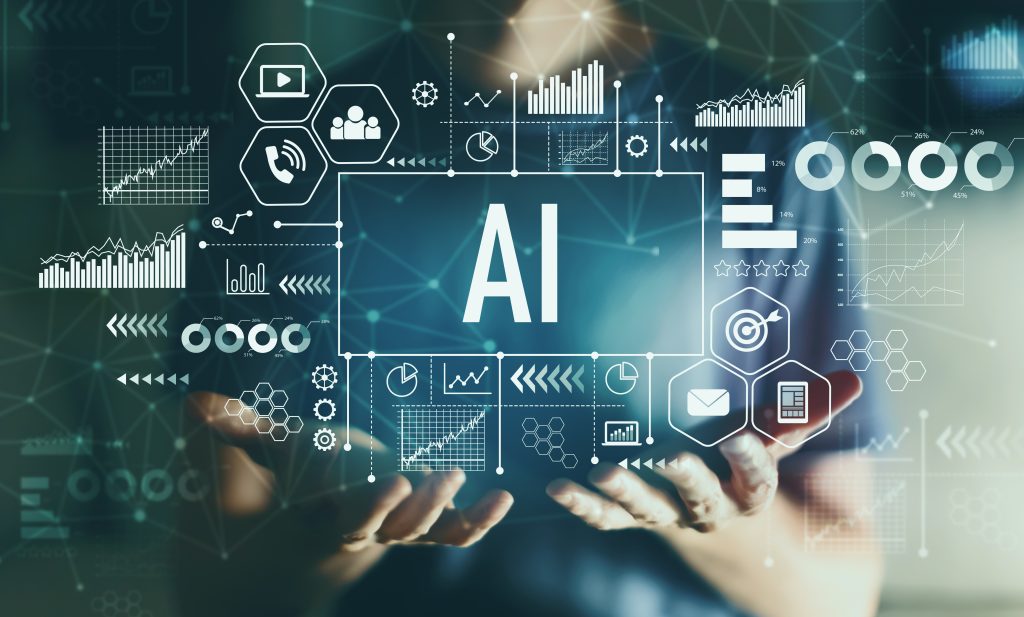Oklahoma Bar Journal
The Back Page | Use of Artificial Intelligence in the Legal Profession

Tierney | #230441943 | stock.adobe.com
Artificial intelligence (AI) has the potential to revolutionize the legal industry by providing more efficient and accurate legal opinions and advice. However, there are also significant risks associated with using AI in this way, and it is important to carefully consider these risks before relying on AI to provide legal opinions or advice.
One of the main arguments in favor of using AI in the legal field is that it can help to reduce the amount of time and labor required to complete certain tasks. For example, AI algorithms can be used to quickly and accurately analyze large amounts of data and documents, potentially saving hours of work for lawyers and other legal professionals.
By leveraging the power of AI, lawyers and legal professionals can quickly identify relevant case law and legal precedents, allowing them to provide more thorough and accurate legal opinions or advice. Additionally, the use of AI can help reduce the potential for human error, leading to more accurate legal opinions or advice.
In the legal field, machine learning algorithms could be used to predict the outcome of a case based on factors such as the type of case, the parties involved, and the location of the court. For example, a machine learning algorithm could be trained on a dataset of previous court decisions. The algorithm would then be able to predict the likely outcome of the case, based on the patterns it has identified in the training data.
However, there are also a number of challenges and ethical considerations associated with using AI to provide legal opinions or advice. For example, there is the potential for AI algorithms to make mistakes or errors in their legal analysis. While AI may be able to analyze large amounts of legal data and identify patterns, it may not be able to fully comprehend the subtleties of legal arguments and the implications of different legal precedents. This can lead to incorrect legal opinions or advice, which can have serious consequences for individuals and organizations involved in legal proceedings.
Furthermore, using AI to provide legal advice raises ethical concerns. For example, AI is not capable of understanding the nuances of a client's situation and providing tailored advice that takes into account the client's unique needs and goals. This can lead to clients receiving advice that is not in their best interests, which is a serious ethical concern.
Overall, while AI has the potential to play a role in providing legal advice, it is important to recognize its limitations and to ensure that it is used in a way that is ethical and fair. It is unlikely that AI will ever be able to fully replace human lawyers, but it could still play a valuable role in supporting and enhancing the legal profession. It is important for lawyers to carefully consider the limitations of AI and use it in a way that does not compromise the quality of legal services.
Author’s note: Spencer C. Pittman, an attorney with Winters & King Inc., designed and engineered the AI prompts/inputs used to generate this article. This article was generated entirely by AI software (OpenAI ChatGPT).
Originally published in the Oklahoma Bar Journal – OBJ 94 Vol 2 (February 2023)
